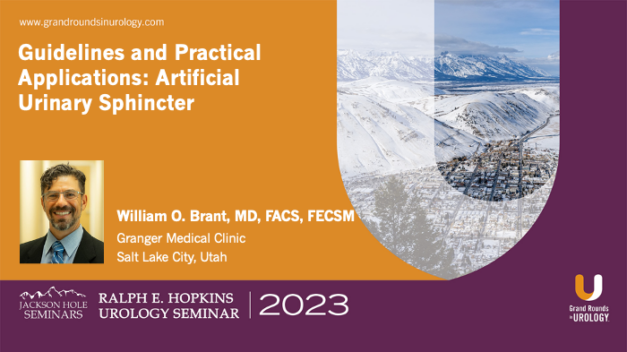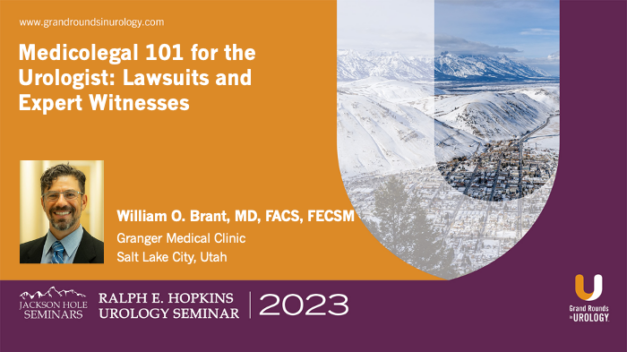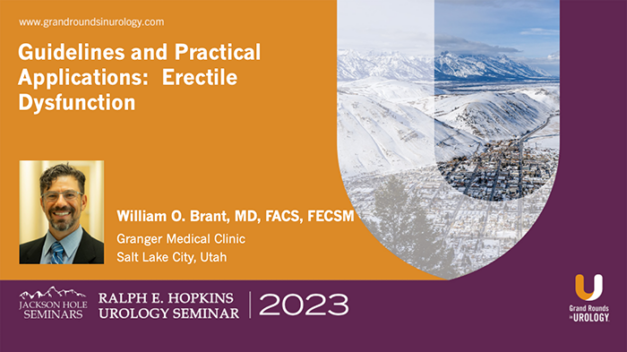Peyronie’s Disease: Surgical Approaches
William O. Brant, MD, FACS, FECSM, Urologist at the Veterans Affairs Medical Center in Salt Lake City, Utah, presents an analysis of surgical approaches for Peyronie’s disease. With a focus on both shortening and lengthening procedures, Dr. Brant delves into the intricacies of various surgical techniques, providing a thorough examination of each method’s benefits and considerations. In his meticulous exploration, Dr. Brant begins by discussing the placation technique, a procedure aimed at addressing the excessive curvature caused by Peyronie’s disease. He elucidates the surgical process, highlighting its potential for restoring penile function and improving patient satisfaction. Furthermore, Dr. Brant explores the outcomes of placation, including changes in penile length and erectile function, enabling readers to grasp the potential benefits and limitations associated with this approach. Moving forward, the discussion expands to encompass plaque incision and excision techniques, which involve the precise removal of the fibrous plaque responsible for the curvature. Beyond the technical aspects, Dr. Brant also emphasizes the importance of personalized decision-making in the management of Peyronie’s disease. He discusses the significance of considering individual patient needs, taking into account factors such as disease severity, patient preferences, and overall health. The presentation encompasses an array of clinical scenarios and surgical techniques, showcasing Dr. Brant’s wealth of experience and expertise in the field. From the assessment of deformities to the exploration of different incision options, the presentation offers a comprehensive overview of the surgical approaches available for Peyronie’s disease.
Read More




